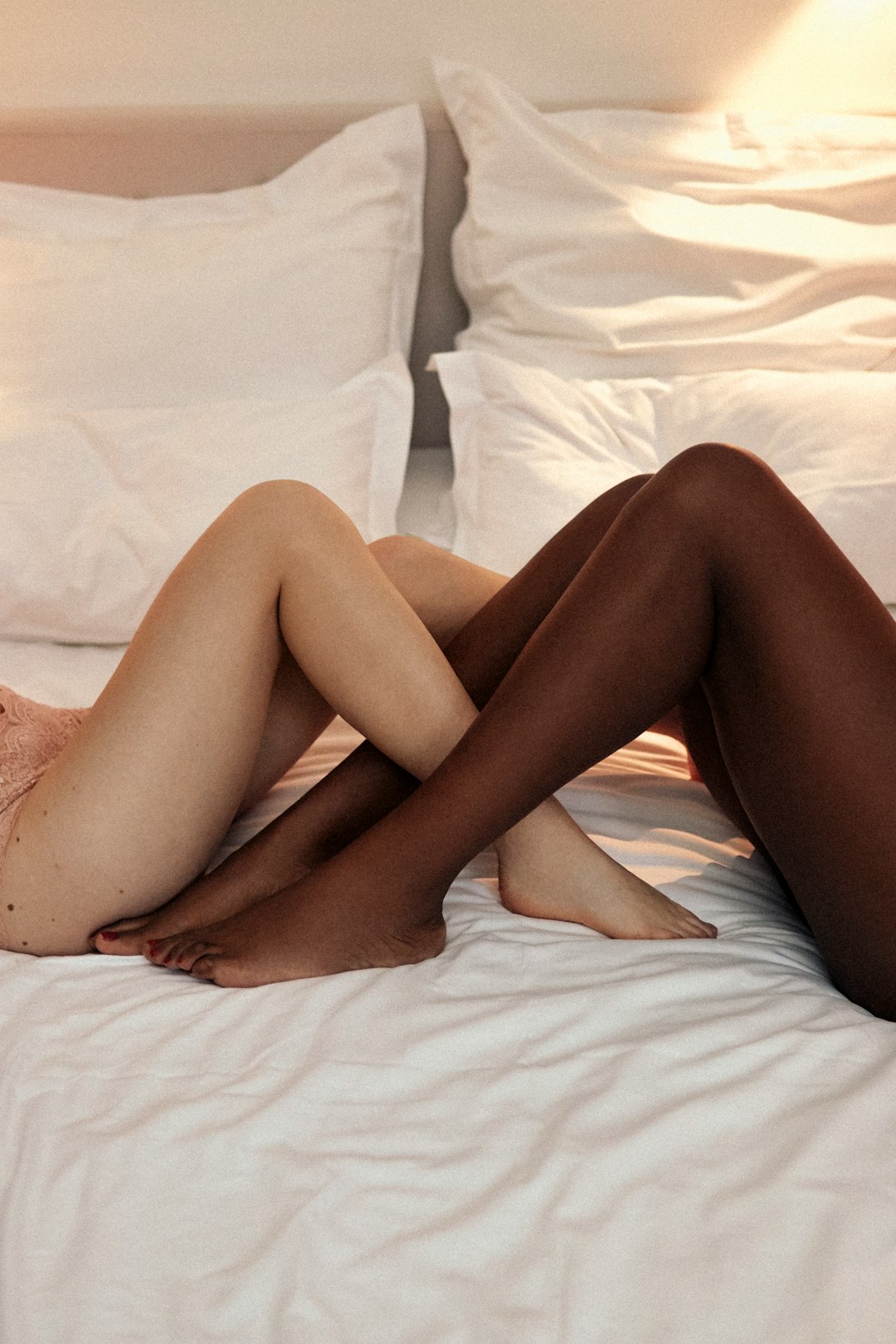The Dutch have a reputation for being direct, open-minded, and pragmatic—qualities that extend seamlessly into their approach to sex and relationships. While many cultures treat the topic of sex as taboo, the Netherlands has embraced it as a natural and important part of life. Their progressive attitudes, grounded in education and respect, offer valuable lessons for societies around the world. Let’s unpack what makes their approach so unique and worth emulating.
Comprehensive Sex Education Starts Early
In the Netherlands, sex education doesn’t start with scare tactics or giggles in high school. It begins in primary school, where kids learn about relationships, boundaries, and respect. By the time Dutch teenagers are learning about contraception and sexually transmitted infections, they’ve already developed a healthy understanding of consent and emotional connection. This early education helps to normalize conversations about sex, making it easier for young people to make informed and confident decisions later in life.
The result? Dutch teens tend to delay their first sexual experiences compared to their peers in other countries, and when they do have sex, it’s more likely to be consensual, safe, and positive.
Destigmatizing Sex Normalizes Healthy Behavior
The Dutch approach to sex is refreshingly matter-of-fact. Rather than treating it as something shameful or forbidden, they see it as a natural part of being human. This mindset reduces the allure of rebellion and fosters healthier attitudes toward intimacy.
Take their attitude toward teenage relationships. Dutch parents are known to allow their teenage children’s partners to sleep over—a practice that might sound shocking to more conservative cultures. However, this openness isn’t about permissiveness; it’s about trust and communication. By acknowledging and supporting their teens’ relationships, parents create a safe environment for young people to explore their feelings responsibly.
Honesty and Openness Lead to Better Communication
The Dutch aren’t ones to shy away from tough conversations. This honesty extends to their relationships, where clear communication about needs, boundaries, and desires is the norm. Whether it’s discussing contraception or expressing emotional vulnerabilities, this culture of openness fosters stronger, more equitable partnerships.
This isn’t just limited to romantic relationships. Dutch society as a whole tends to embrace open dialogue about sex and sexuality, reducing stigma around topics like LGBTQ+ rights and sexual health. The result is a more inclusive, accepting society where people feel freer to be themselves.
Prioritizing Pleasure and Mutual Respect
In many cultures, conversations about sex focus primarily on risks and dangers—pregnancy, disease, and heartbreak. While these are important considerations, the Dutch also emphasize the positive aspects of sex: pleasure, intimacy, and connection. This balanced perspective encourages people to approach sex with mutual respect and an understanding of their own desires and boundaries.
For example, the Dutch are champions of sexual health resources, from easily accessible contraceptives to low-cost clinics. These tools empower individuals to make choices that prioritize their well-being and enjoyment without fear or judgment.
A Culture That Embraces Diversity
The Netherlands is known for its progressive policies and social acceptance, and this extends to its views on sexuality. From LGBTQ+ rights to sex work, the Dutch have long been leaders in advocating for freedom and equality. Amsterdam’s famous Red Light District may be a tourist attraction, but it’s also a symbol of the country’s pragmatic approach to sex work—regulated, decriminalized, and focused on safety and consent.
This inclusivity sets a powerful example for other societies, showing that embracing diversity leads to a healthier and more equitable culture overall.
The Dutch approach to sex teaches us that education, honesty, and respect are the keys to building a healthier relationship with our bodies and each other. By breaking down taboos and creating spaces for open dialogue, we can foster a culture where sex is seen not as a source of shame, but as a meaningful and joyful part of life.
So, what’s stopping us? It’s time to rethink our own attitudes and learn from a culture that’s gotten it right. After all, when it comes to sex, the Dutch don’t just talk the talk—they’ve created a society that walks the walk.

